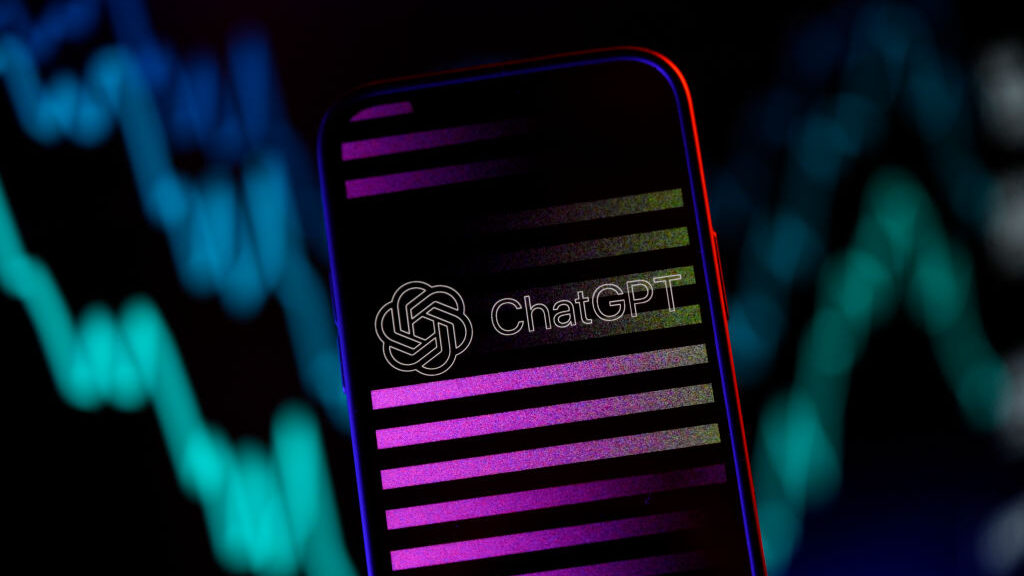Is Education Ready for the Age of Artificial Intelligence?
Al-Qabas, Kuwait, March 31
Artificial Intelligence has transformed many fields, and some fear its enormous capacity, which is believed to grow at an astonishing pace. ChatGPT, a chatbot developed by OpenAI, is the most famous example of the generative pre-trained AI technology. Adopting this technology is essential for those who wish to remain competitive in their current job, as it can dramatically shift the scope of what is possible for humans to do. The future for those who do not recognize the potential of these applications looks bleak. Those who do not use Artificial Intelligence techniques and applications risk being replaced by those who do. As scientists work to enhance research on the use of generative pre-trained AI for chatbots in medical education, it is clear how traditional education, particularly the outdated approach of teaching and memorization, risks becoming obsolete. Many educational institutions, from higher to lower levels, face a difficult task in confronting and resisting these technologies and applications. Some have even taken the extreme measure of banning their use, out of fear of fraud, plagiarism and over-reliance. This reaction may be understandable, given the surprise of the technology’s sudden availability to the public, but I don’t believe it is the right approach in the long term. Banning technological tools without considering how they could be used to improve work performance is shortsighted. In medical education, curricula must be adapted to incorporate the use of these modern technologies; it is also essential to consider the drawbacks of these techniques, which lack emotion and humanity in their output. Moreover, we must discuss issues of data privacy and accuracy. Some of these technologies rely on outdated information, which is unacceptable in the medical field. Teachers must recognize the potential of these technologies and foster continuous learning, analysis and critical thinking. Their use must be transparent, safeguarding intellectual property rights and advancing science and knowledge, rather than digging our heads in the sand. There are opportunities to be seized through the use of AI technologies. Preliminary studies suggest that generative pre-trained AI could be used to create a “digital tutor,” for example. This would allow for personalized tutoring sessions that are tailored to a student’s individual needs and progress. AI also provides teachers with the ability to monitor student performance and provide personalized feedback. But the question still remains: Is education ready for the era of AI? Based on where things stand today, I am skeptical. However, this does not mean that we should succumb to pessimism. We must work hard to improve education and ensure that all stakeholders benefit from the cutting-edge technology that is popping up around us. – Dhari Adel Al-Huwail (translated by Asaf Zilberfarb)


